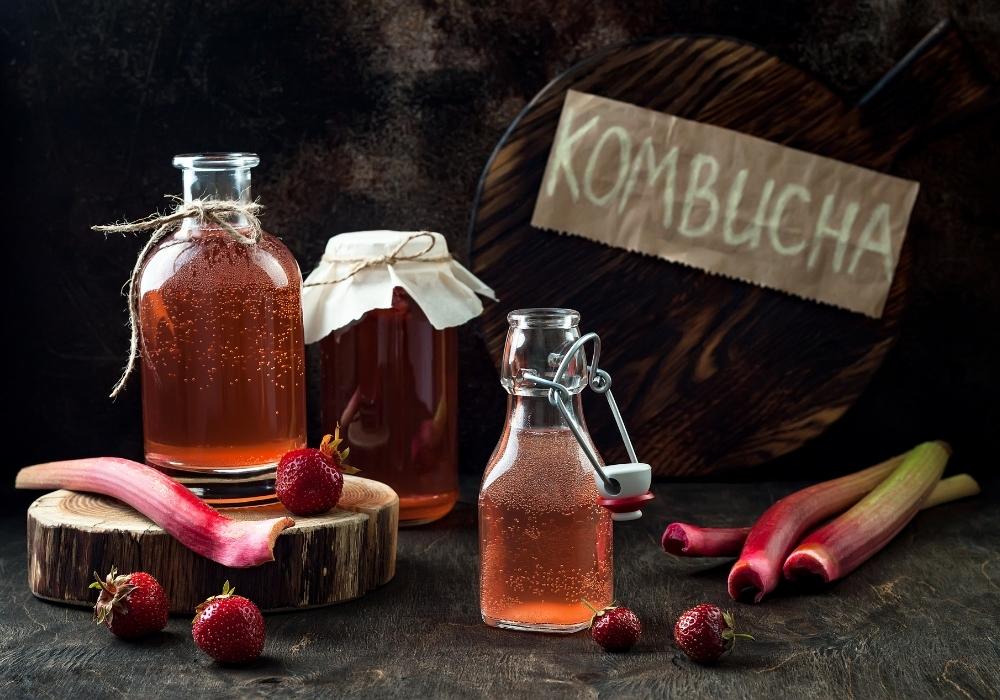One good thing that came out of enforced time at home for many people during the pandemic was cultivating a new hobby – literally.
An explosion of experimentation led to shortages of flour as people lovingly nurtured a sourdough ‘mother’ to life at home. Others headed for the unique qualities of fermented foods, such as kimchi and sauerkraut. Beverages kombucha and kefir also gained cult followings.
Two years later, the home experimenting may have abated but the popularity of these fermented foods and drinks has only grown due to a global demand for probiotics. This may be due to increased health awareness and concern for maintaining immunity and well-being during a global pandemic.
Whatever the reason, the microbial culture market has clear commercial appeal and is projected to be worth US$2.2 billion by 2024.
What is fermented food?
Fermented foods are foods and beverages that have undergone a process where micro-organisms (like yeast and bacteria) break down food components (like glucose) into other products (like organic acids, gases or alcohol).
Accredited Practising Dietician and founder of Your (Gut) Feeling, Annaliese Collier, encourages people to introduce a small amount of fermented food into their diet on a regular basis.
“Fermented foods have been associated with several positive health effects, including improved digestive health and increased availability of beneficial nutrients, such as vitamin B12,” she says. “They may also play a role in maintaining a healthy immune system, with further research still needed to understand the amount and strains of bacteria necessary for this.
“For the average person, fermented foods are a safe and convenient way to get those beneficial live bacteria into our gut, with the bonus of adding complex flavours and textures to meals.”
Rise and shine
There’s a wide variety of fermented foods making their way off the supermarket shelf and into bars and restaurants, complementing many dishes with unique flavours.
Sharon Flynn, the founder of Victorian-based outfit The Fermentary, says orders for her signature red sauerkraut have tripled in the past year as restaurants join the stampede towards good quality fermented products.
“I’ve noticed an increase in orders for our sauerkraut from one tub to three or four tubs a week, which shows there is a willingness to pay for good quality fermented food,” says Flynn.
It’s not only good for your gut, say the experts. While there is still research to be done, there is a growing consensus that fermented foods have another superpower.
“You can’t compare a can of sauerkraut that has been pasteurised to my hand-chopped, wild-fermented kraut” says Flynn. “It is good for digestion, and it contains all kinds of things that will release serotonin. So, you feel good, too – and you can’t put a price on that.”
Collier agrees and says while the pandemic may be partly responsible for driving people towards fermented foods en masse, there is another health benefit emerging.
“There’s also new evidence to suggest that there could be a link between fermented food consumption and improvements in our mental health,” she explains.
“This is very much a growing area of research, it’s likely that additional benefits associated with consuming foods in this traditional method are yet to be discovered, so watch this space.”

